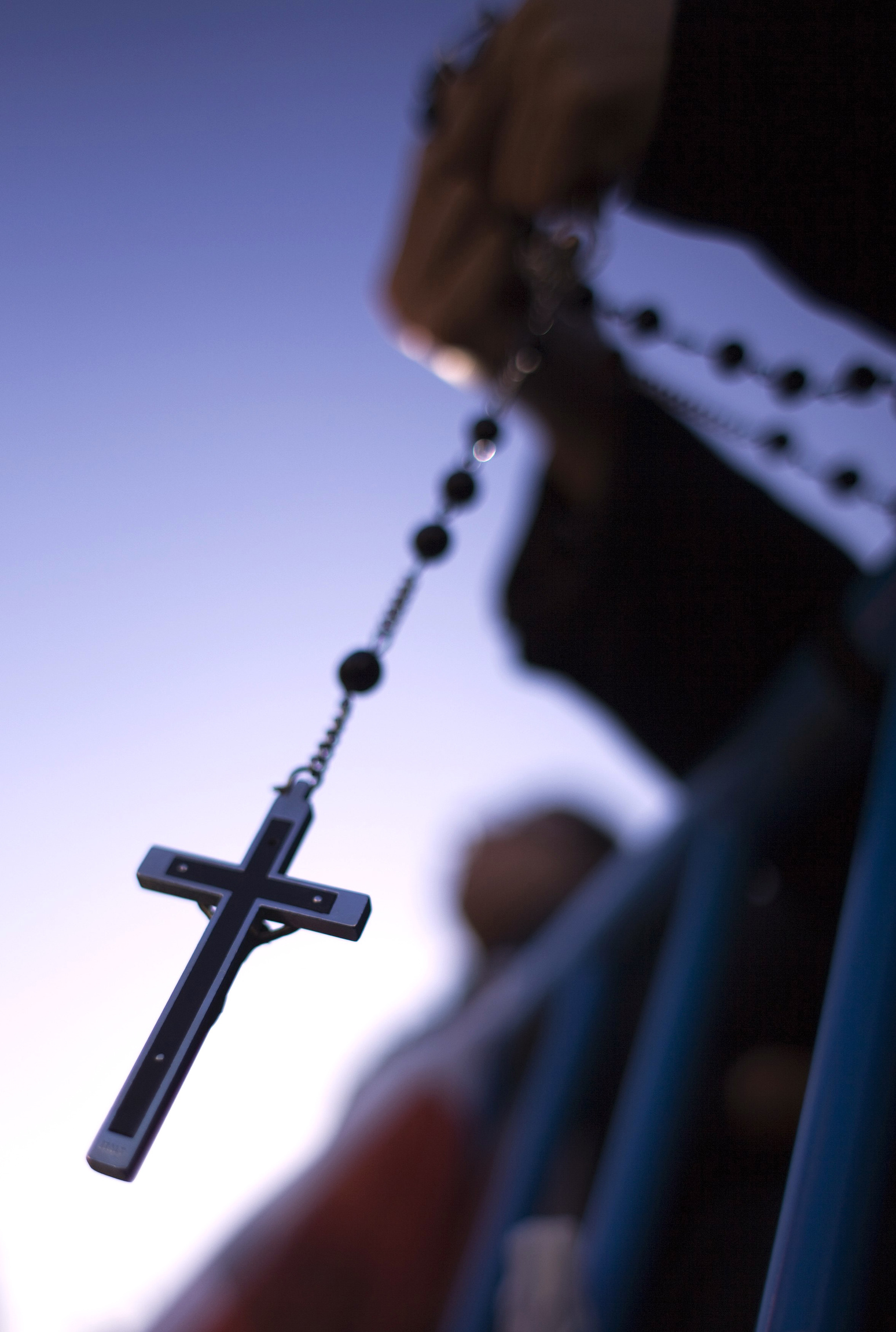
Q. I’ve always thought of missionaries as priests, sisters, etc., who traveled to other countries to spread the Gospel, but lately I’ve been hearing that we’re all called to be missionaries. I’m not quite sure what that means. Can you shed some light on that for me?
A. I was so excited to get this question, because it speaks to one of the things I am deeply passionate about with regard to our Catholic faith, but is also something many of us are unaware of: the role of the laity in the life and mission of the Church.
Most of us laity think of our role in the Church as “consumers”; we “consume” the things we receive from those who we think of as the “professionals” in the Church: the clergy, religious and lay ministers in the Church. And there is certainly some degree of truth in that. We do receive the sacraments and the authoritative teachings of Jesus from the ordained and those who work with them; they do indeed nourish us with those great gifts, which originate from God himself.
But that truth is only one part of the equation, for we are “fed” not only for our own sake, but also so that we might in turn “feed” others. In other words, we are called to participate in the Church’s mission to share the Gospel message just as much as popes, bishops, priests and sisters are. Having been strengthened by the grace of the sacraments and formed by the teachings of Jesus, we are called to bear witness to that Gospel by the example of our lives and by the words we speak.
It’s important to note that this is by no means a new teaching; the Church has always taught that the laity have a co-responsibility with the ordained and religious in the work of proclaiming the Gospel and in making and forming disciples. But it’s also true that although the Church has always taught this, this hasn’t always been the lived experience many Catholics have had. Unfortunately, that’s not surprising. Through the 2,000-year history of the Church, there have been many times when the richness and beauty of the Church’s doctrine has been hidden or neglected in the day-to-day life of the typical Catholic.

But this truth about the call of the laity to participate in the mission of the Church has been very much brought to the fore by the Church herself in our time. One of the priorities of the Second Vatican Council in the 1960s was to remind Catholics that all of us are called to both holiness and mission; that all of us, including the laity, are called both to become more and more like Jesus in how we live and love, and to take part in the mission of the Church to share the Good News of Jesus Christ. In fact, of the 16 documents released by the bishops at Vatican II, one of them (Apostolicam Actuositatem, also called the “Decree on the Apostolate of the Laity”) was devoted exclusively to this topic, and one of the most central documents of the Council (Lumen Gentium, also called the “Dogmatic Constitution on the Church”) gave the role of the laity significant attention in its teaching on the Church and her mission.
Not only that, but this call has continued to resound in the official teachings of the Church. St. John Paul II’s exhortation Christifideles Laici (also called “On the Vocation and the Mission of the Lay Faithful in the Church and in the World”) is a significant document devoted entirely to this topic. And our other popes since Vatican II—St. Paul VI, Benedict XVI and Francis—have likewise encouraged and exhorted the laity to answer the Lord’s call to participate in the Church’s mission.
More locally, helping the laity to understand their role has been an important part of the teachings of all of our recent bishops in the Diocese of Sioux Falls, including Bishop DeGrood. In fact, the diocesan vision Bishop DeGrood is calling us to follow him in—to grow as and to form others to be Lifelong Catholic Missionary Disciples Through God’s Love—is in many ways a profound echo of this call, which the Church has been shouting from the rooftops. In fact, our pastoral planning process Set Ablaze is in many ways directed toward the goal of furthering and deepening this call at the local level. Too, diocesan initiatives like Lumen Christi, Equip and the School of Missionary Discipleship have this as their purpose.
So it’s clear that the Church is calling the laity to be more than consumers of what they receive from the ordained and religious. But how, exactly, do we participate in this mission? That’s what we’ll turn to next month.


